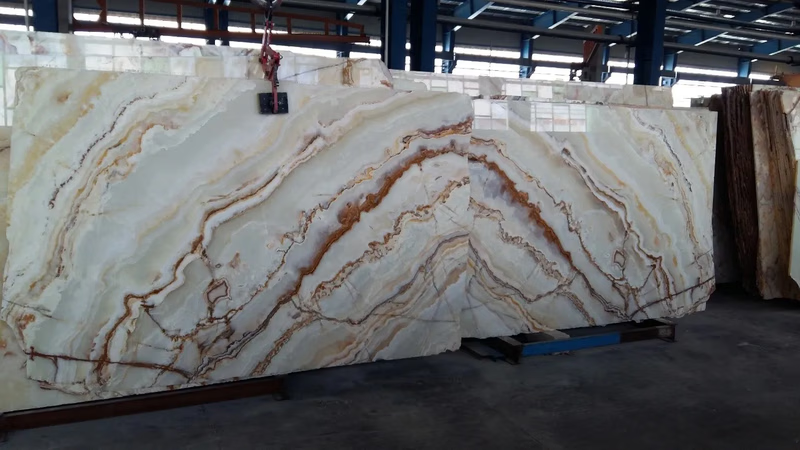
How does the Middle East lead in natural stone trade through platforms and verified exporters?
In the dynamic landscape of the Middle East’s commodity trade, natural stones such as marble, travertine, sandstone, granite, and quartzite are pivotal. These stones are not only essential for the region’s construction and design industries but also play a significant role in its export economy. Known for their unique textures and material properties, Middle Eastern marbles, including the renowned ‘Magical Middle Eastern Marble,’ are sought after for building facades, flooring, and decorative applications. The region serves as a hub for verified exporters and importers, offering a rich selection of natural marble tiles and flooring options. Travertine, a hallmark building stone in the Middle East, is extensively traded in the region due to its durability and aesthetic appeal. Its market, driven by large-scale projects and architectural trends, underscores the Middle East’s position as a significant stone producer and exporter. Similarly, sandstone, with its versatility in cladding facades, garden furniture, and pool designs, is highly valued. This material’s properties, such as weather resistance and natural beauty, make it a preferred choice for both functional and decorative uses.
Granite and quartzite, known for their robustness, are indispensable in the construction of pavements, interior facades, and other high-strength applications. The Middle East granite market continues to attract buyers and sellers, capitalizing on regional infrastructure growth. Quartzite, in particular, is mined extensively and is favored for its hardness and adaptability in exterior and interior designs. Platforms like Aritral simplify the complexities of this trade by offering regional product listings, market insights, and AI-powered marketing tools, fostering seamless business networking. For importers and exporters looking to tap into the natural stone trade of West Asia, such platforms provide a streamlined approach to engage with verified partners and leverage the growing demand for premium quality stones.
-
 Sheikh 1 months ago
Sheikh 1 months ago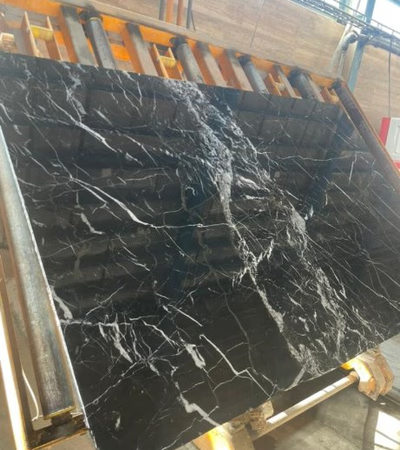 Iran
Marble Stone
Iran
Marble Stone
Hello Marble stone available in various sizes without limitation in tonnage for export to all countries. It is possible to barter with property, land,...Details
-
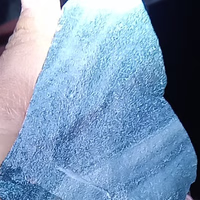 Amiraddin 2 months ago
Amiraddin 2 months ago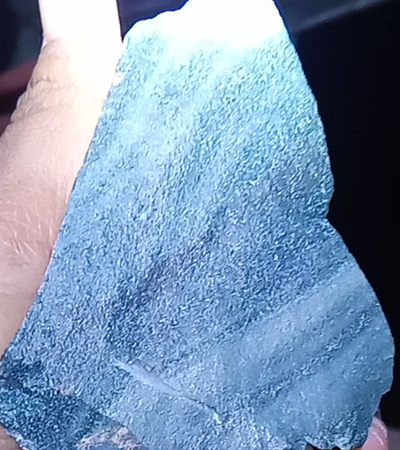 Yemen
Jade Stone
Yemen
Jade Stone
Jade stone for saleDetails
-
 Altum Nephrite 1 months ago
Altum Nephrite 1 months ago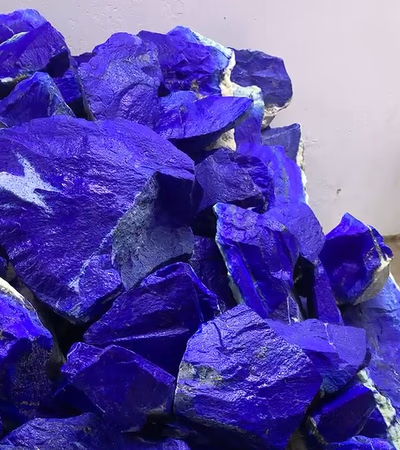 Latvia
lapis lazuli
Latvia
lapis lazuli
We are engaged in the trade of jade stone and lapis lazuli , we are a direct supplier from Afghanistan. We organize deliveries to the Republic of Chin...Details
-
 هاشمی 2 months ago
هاشمی 2 months ago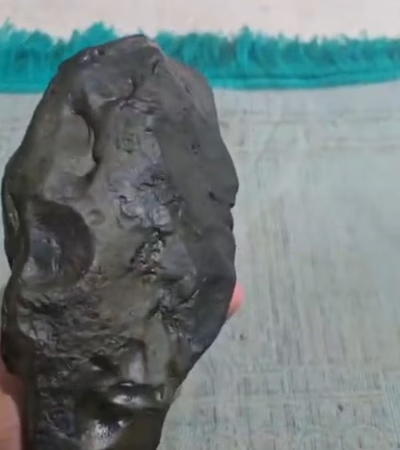 United Arab Emirates
شهاب سنگ
United Arab Emirates
شهاب سنگ
Hello, I have a black stone which I believe might be a meteorite. It has a unique appearance, with what seems to be a melted surface and a dark metal...Details
-
 Kani Sarv Paya 1 months ago
Kani Sarv Paya 1 months ago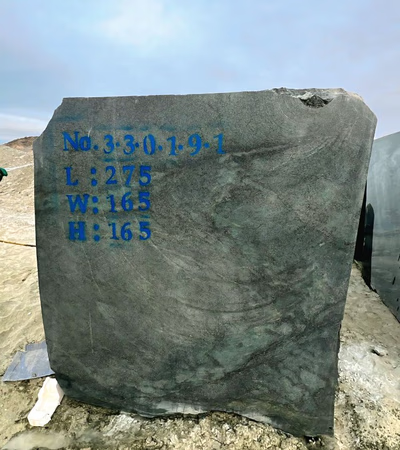 Iran
Granite Stone
Iran
Granite Stone
Kani Sarv Paya Company operates in the field of exporting Marsh, Amazon, and Granada stones to the whole world.Details
-
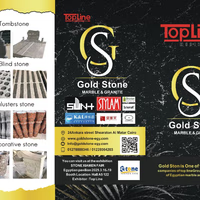 Bishoy Latif 1 months ago
Bishoy Latif 1 months ago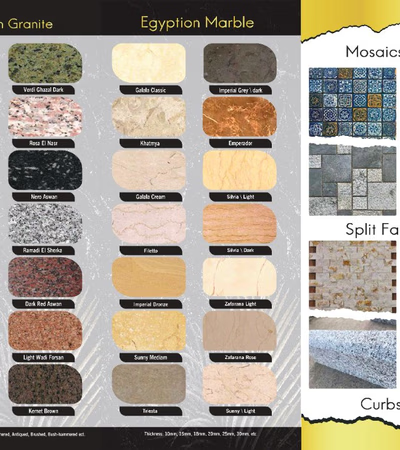 Egypt
marble and granite
Egypt
marble and granite
Export of all marble, granite, and natural stone products in all sizes and thicknesses from EgyptDetails
-
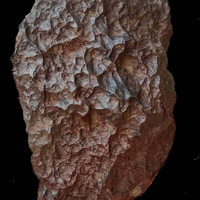 Rahmani 3 months ago
Rahmani 3 months ago Oman
meteorite
Oman
meteorite
meteorite with certificate around 3500grDetails
-
 Nik Rooz Tejarat Eurasia 1 months ago
Nik Rooz Tejarat Eurasia 1 months ago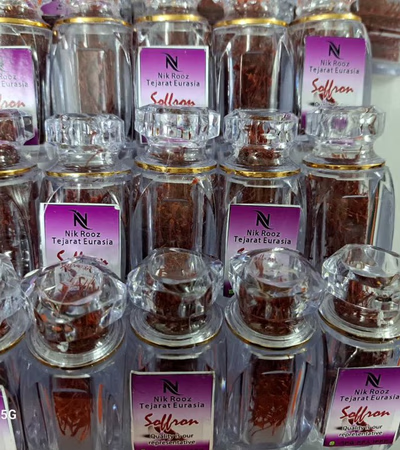 Iran
Saffron
Iran
Saffron
Hello Agricultural products are supplied directly and from the producer.Details
-
 Rubyrocks Gememporium 3 months ago
Rubyrocks Gememporium 3 months ago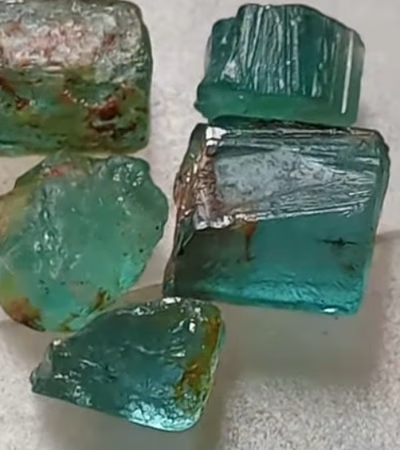 Pakistan
Emerald turmaline Topaz sephire ruby peridots garnet spinal kunzite
Pakistan
Emerald turmaline Topaz sephire ruby peridots garnet spinal kunzite
We sell all kind of precious and semi precious natural loose cut and rough gemstone , since from last 11 years to a trusted customer across the worldDetails
-
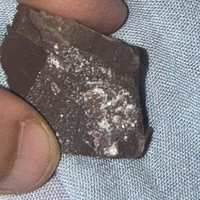 Yahya 1 months ago
Yahya 1 months ago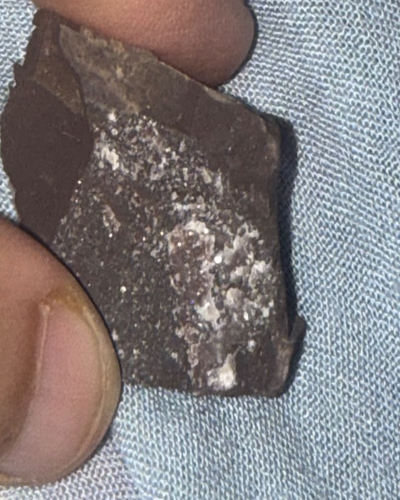 Mauritania
Stone
Mauritania
Stone
Raw stoneDetails
-
 Mohammad Asaf 1 months ago
Mohammad Asaf 1 months ago Syria
Precious Stones
Syria
Precious Stones
Precious StonesDetails
-
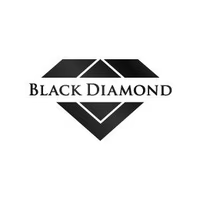 Eng. Lotfy Kamel 5 months ago
Eng. Lotfy Kamel 5 months ago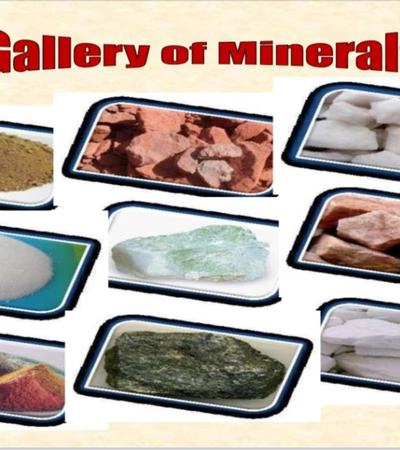 Egypt
Mineral and Industrial Raw Materials
Egypt
Mineral and Industrial Raw Materials
We are a rapidly growing Egyptian company, founded by a group of specialized experts who have great experience in the field of trade, mining, and supp...Details
-
 Gogoods 1 months ago
Gogoods 1 months ago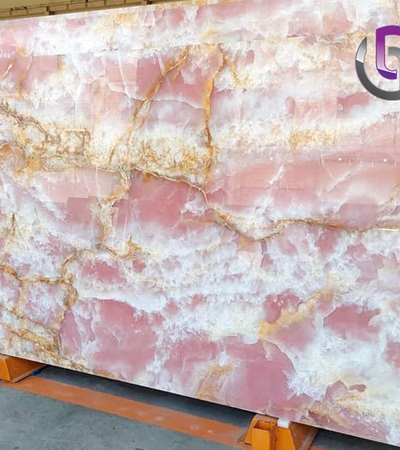 Armenia
B2B Company in Armenia
Armenia
B2B Company in Armenia
We are proud to offer a wide and diverse range of products including industrial goods, agricultural products, building materials, food items, pet supp...Details
-
 Ahmed 1 months ago
Ahmed 1 months ago Egypt
Granite New Halayeb and Halayeb and Jundola Red Aswan Black Aswan Gray
Egypt
Granite New Halayeb and Halayeb and Jundola Red Aswan Black Aswan Gray
Al-Fahd Stone for Marble and Granite for exporting the best types of marble and granite to all Arab countries, African countries, the Gulf, and foreig...Details
-
 Abdel Moutalib 6 months ago
Abdel Moutalib 6 months ago Mauritania
Abdel Moutalib
Mauritania
Abdel Moutalib
I have some meteorites.Details
-
 Syed Najmuddin 6 months ago
Syed Najmuddin 6 months ago Pakistan
Ruby Gems
Pakistan
Ruby Gems
Natural stone from Gilgit-BaltistanDetails
-
 Cihan Ticaret 1 months ago
Cihan Ticaret 1 months ago Turkey
Construction materials, hand tools, and generators
Turkey
Construction materials, hand tools, and generators
“Your Reliable Address for All Construction Needs! ” Complete your projects with confidence using high-quality construction materials, hand tools, and...Details
-
Middle East Granite Trade: Trends in Natural Stone Commerce
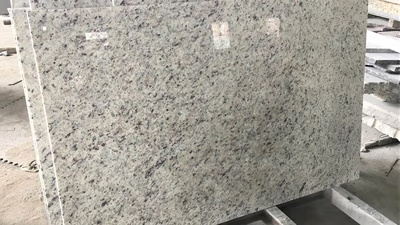
The Middle East has emerged as a pivotal hub in the global trade of natural stones, including granite, marble, sandstone, quartzite, and travertine. Leveraging advanced B2B platforms, such as those prevalent in West Asia, the region facilitates seamless connections between verified exporters and importers, bolstering its position in the international natural stone market. Granite, a durable igneous rock prized for its strength and versatility, is a cornerstone of this trade. Widely used in construction for tiles, paving slabs, countertops, and facades, granite finds robust demand across the Middle East and beyond. Regional suppliers offer distinct advantages, including high-quality stone, competitive pricing, and proximity to global shipping lanes. Buyers benefit from refined supply chain solutions and comprehensive product listings on Middle Eastern trade platforms, which provide insights into market trends and verified trading partners. While granite is celebrated for its resilience and aesthetic appeal, it can pose challenges such as higher costs and complex installation requirements. However, the advantages often outweigh these drawbacks, particularly when sourcing from West Asia, where economies of scale and advanced logistics mitigate such concerns.
In addition to granite, the Middle East is a leader in sandstone and quartzite trade. Quartzite, known for its hardness and suitability for both interior and exterior applications, is mined extensively in the region. Similarly, travertine, a popular choice for tiles and facades, benefits from the Middle East"s strategic presence in the natural stone market. Aritral, an AI-driven B2B platform, simplifies international trade by offering services such as product listing, direct communication, and AI-powered marketing, ensuring a streamlined experience for natural granite buyers and sellers. By connecting traders and providing actionable market insights, platforms like Aritral fortify the Middle East"s dominance in the natural stone trade.
-
Natural Stone Trade in the Middle East: Marble, Granite, and More

In the dynamic landscape of the Middle East’s commodity trade, natural stones such as marble, travertine, sandstone, granite, and quartzite are pivotal. These stones are not only essential for the region’s construction and design industries but also play a significant role in its export economy. Known for their unique textures and material properties, Middle Eastern marbles, including the renowned ‘Magical Middle Eastern Marble,’ are sought after for building facades, flooring, and decorative applications. The region serves as a hub for verified exporters and importers, offering a rich selection of natural marble tiles and flooring options. Travertine, a hallmark building stone in the Middle East, is extensively traded in the region due to its durability and aesthetic appeal. Its market, driven by large-scale projects and architectural trends, underscores the Middle East’s position as a significant stone producer and exporter. Similarly, sandstone, with its versatility in cladding facades, garden furniture, and pool designs, is highly valued. This material’s properties, such as weather resistance and natural beauty, make it a preferred choice for both functional and decorative uses.
Granite and quartzite, known for their robustness, are indispensable in the construction of pavements, interior facades, and other high-strength applications. The Middle East granite market continues to attract buyers and sellers, capitalizing on regional infrastructure growth. Quartzite, in particular, is mined extensively and is favored for its hardness and adaptability in exterior and interior designs. Platforms like Aritral simplify the complexities of this trade by offering regional product listings, market insights, and AI-powered marketing tools, fostering seamless business networking. For importers and exporters looking to tap into the natural stone trade of West Asia, such platforms provide a streamlined approach to engage with verified partners and leverage the growing demand for premium quality stones.
-
Quartzite and Natural Stone Trade in the Middle East

Quartzite is a highly durable metamorphic rock widely used for both exterior and interior facades, making it a prized commodity in the global natural stone trade. The Middle East has emerged as a dominant player in the trade of quartzite and other natural stones such as marble, granite, travertine, and sandstone, leveraging advanced B2B platforms and verified exporter networks. With the presence of extensive quartzite mines and being home to the largest stone producers and exporters in the region, the Middle East propels the growth of natural stone commerce across West Asia and beyond. The region’s ability to lead in this sector hinges on its robust trade platforms, such as those offering regional product listings, market insights, and direct communication between buyers and sellers. Verified exporters and importers enhance trust and transparency, ensuring high-quality supply chain solutions for stakeholders. Quartzite, along with other natural stones, is featured prominently on these platforms, enabling businesses to explore offerings tailored to global and regional demand. Middle Eastern B2B marketplaces provide vital market insights into trends like the growing demand for travertine tiles and granite slabs. These platforms also facilitate business networking opportunities, enabling buyers and sellers to connect seamlessly.
Quartzite’s unique properties—its hardness and aesthetic appeal—make it an excellent choice for construction and design, reinforcing its status as a sought-after material in the commodity trade. Aritral, an AI-driven B2B platform, simplifies the trade of quartzite and other natural stones by offering services like product listing, global sales assistance, and AI-powered marketing strategies. As the Middle East continues to dominate natural stone commerce, businesses can rely on these technological solutions to navigate the evolving landscape with efficiency and precision.
-
Middle East Sandstone Trade: A Hub for Natural Stone Commerce
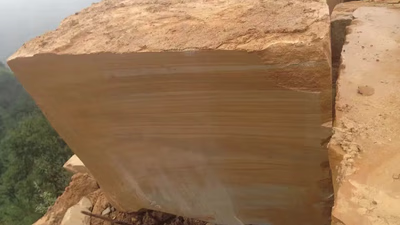
Sandstone, a versatile natural stone, is a cornerstone of the Middle East’s thriving trade in commodities. As a prominent material in construction and design, sandstone is widely used for facades, interior walls, garden furniture, and outdoor installations like patio tables and swimming pool edges. Its properties—durability, aesthetic appeal, and adaptability—make it a preferred choice in the natural stone market. Characterized by its grains, colors, and textures, sandstone is abundant in West Asia, home to various deposits of high-quality materials suitable for global export. The Middle East excels in the trade of natural stones, including sandstone, marble, granite, quartzite, and travertine, leveraging advanced B2B platforms to match verified exporters and buyers. The regional B2B marketplaces serve as hubs for product listings, market insights, and direct communication, ensuring streamlined supply chain solutions. With robust networks of verified exporters and importers, these platforms offer transparency and trust in transactions. Sandstone’s popularity stems not only from its applications but also its ability to compete with granite and quartzite in durability and aesthetics.
Middle Eastern B2B trade platforms, such as Aritral, play a critical role in simplifying international trade for natural stones. They provide AI-powered tools for marketing, global sales assistance, and profile management, helping businesses access the expansive market for commodities like sandstone. These platforms also highlight regional sandstone listings alongside marble, granite, and quartzite, enabling buyers to compare properties and make informed decisions. As the largest stone producer and exporter in the region, the Middle East continues to lead global trends in natural stone trade, particularly through its focus on verified markets and innovative supply chain strategies. Sandstone remains a centerpiece of this trade, offering unmatched versatility and appeal in global markets.
-
Middle East Travertine and Natural Stone Trade Insights
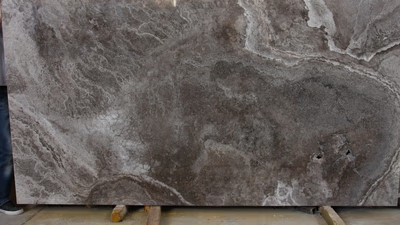
Travertine, a naturally occurring limestone prized for its unique texture and elegance, has become a cornerstone of luxury architecture and decoration across the Middle East. As demand for high-quality natural stones like travertine, marble, granite, and quartzite grows, the region has emerged as a global leader in the natural stone trade. Platforms facilitating West Asia import-export operations, such as B2B marketplaces, play a pivotal role in streamlining this trade by connecting verified exporters and importers with reliable supply chain solutions. The Middle Eastern travertine market, particularly in countries like Turkey and Iran, thrives due to the abundant regional deposits and the stone"s versatility in design applications. Travertine’s porous texture and earthy tones make it ideal for cladding facades, interior walls, garden benches, pool edges, and patio tables. Unlike marble, which is denser and more polished, travertine offers a unique ‘leather’ texture that blends rustic charm with modern aesthetics. B2B marketplaces in the Middle East are instrumental in showcasing travertine tiles and slabs alongside other natural stones such as sandstone and granite. Verified trade solutions ensure seamless transactions, while trade advertising platforms provide insights into market trends and demand fluctuations.
The use of codes like 680221 (cut or sawn stones) and 680291 (processed stone) standardizes trade within the region. The travertine market benefits from the growing preference for natural materials in sustainable construction and interior design. However, challenges such as maintenance requirements and susceptibility to staining are key considerations for buyers. Still, the stone"s durability and timeless appeal make it a preferred choice for both residential and commercial projects. Aritral, an AI-driven B2B platform, simplifies international commodity trade by offering product listings, AI-powered marketing, and account management, further enhancing accessibility in this competitive market.
-
How to use Marble

Selecting the right type of marble is crucial for its intended use, whether for flooring, countertops, or decorative accents. Factors such as color, veining patterns, durability, and maintenance requirements should be considered. Proper surface preparation is essential; the area must be clean, level, and free from debris. For flooring installations, marble tiles or slabs should be adhered using thin-set mortar or adhesive with careful alignment and spacing. Grouting and sealing are necessary to prevent staining and moisture penetration. In kitchen and bathroom applications, professional stone fabricators are recommended for cutting and shaping marble slabs to fit specific dimensions. Regular maintenance with pH-neutral cleaners is advised to preserve the surface. Marble can also enhance aesthetic appeal as wall cladding; proper installation involves ensuring a clean surface and using adhesive or mortar effectively.
Custom architectural elements like columns and moldings can be crafted from marble by skilled artisans. Overall, understanding the properties of different marble types and their applications can lead to successful installations in various settings.
-
Middle Eastern Marble structure and colors

West Asian marble stones are characterized by diverse textures and veining patterns, ranging from fine grains to pronounced linear or wavy veins. The color palette includes classic whites and beiges, as well as shades of brown, gold, gray, and green, influenced by mineral composition and geological processes. These marbles are durable and suitable for various applications due to their strength and resistance to wear. Historically significant, Middle Eastern marbles have adorned iconic structures like the Taj Mahal and Alhambra. Notable varieties include Carrara marble, known for its fine texture; Emperador marble with its rich brown tones; Crema Marfil featuring subtle veining; and Jerusalem Gold marble with its golden hues. Each type is valued for its aesthetic appeal in both traditional and contemporary designs. The region"s marble industry continues to thrive, producing high-quality stones that enhance the elegance of spaces while offering practical benefits such as heat insulation and anti-allergy properties. Marble"s unique features make it a sought-after material in construction and design.
-
Pharmaceutical and Industrial Application of Marble
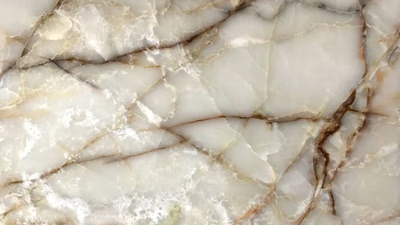
Marble powder, derived from grinding marble, serves multiple roles in pharmaceutical and industrial applications. In pharmaceuticals, it acts as an excipient, enhancing tablet hardness and stability while being a key ingredient in antacid formulations due to its calcium carbonate content. This property helps alleviate symptoms of acid reflux and heartburn. Beyond pharmaceuticals, marble powder is utilized in soil amendments to improve fertility and pH levels, as well as in water treatment processes to remove impurities. Its versatility extends to various industries where it functions as a filler or additive in paints, plastics, and cosmetics. The quality of marble used is crucial for its effectiveness across these applications, necessitating adherence to regulatory standards. Additionally, marble"s hardness allows it to be employed as an abrasive material for cleaning and polishing surfaces. Overall, the diverse applications of marble powder highlight its significance beyond traditional uses in construction. "
-
Natural Marble Building Stone Applications
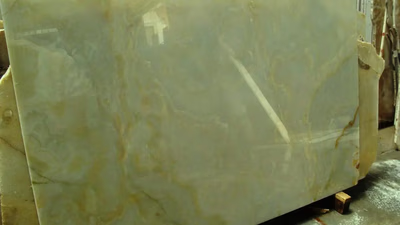
Marble is a highly sought-after building stone known for its luxurious appearance and versatility in various applications. It is commonly used in high-end residential and commercial spaces, enhancing the ambiance with its polished surface that reflects light. Marble serves as wall cladding, flooring, and decorative elements like moldings and medallions, adding sophistication to interiors. Its durability makes it suitable for outdoor landscaping features such as pathways and fountains. The specific type of marble, including color and veining patterns, influences its application suitability. While marble is more expensive than other stones like travertine and granite, its superior quality justifies the cost for many buyers. Key applications include exterior design, kitchen countertops, bathroom vanities, stairs, and fireplace surrounds. However, maintenance is crucial due to marble"s susceptibility to staining and etching.
Overall, natural marble has been a favored choice in architecture for centuries due to its unique beauty and functionality. "
-
Textures and material properties of marble rocks

Marble is a metamorphic rock characterized by its diverse colors, veining patterns, and moderate to high luster. The coloration results from impurities during formation, while the veining adds aesthetic appeal. Marble"s grain can vary from fine to coarse based on its original limestone composition and metamorphic intensity. Although it is softer than other stones, with a Mohs hardness of 3-4, marble is susceptible to scratching and staining due to its porous nature. Proper maintenance, including sealing and prompt spill cleanup, is essential for preserving its appearance. The unique physical properties of marble are influenced by geological history, including pressure and temperature conditions that affect its microstructure. Despite its vulnerabilities, marble remains a popular choice for sculptures and architectural elements due to its workability and heat resistance. Regular care can enhance the longevity of marble in various applications. "




































